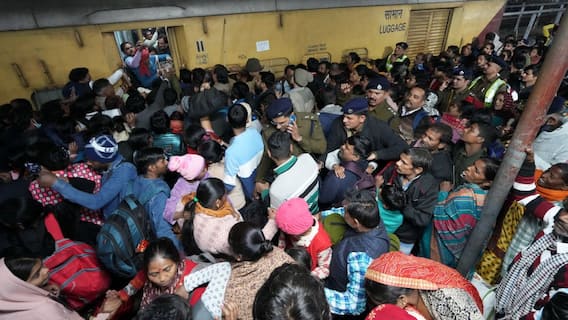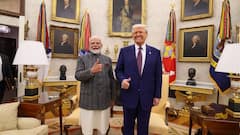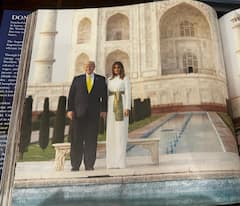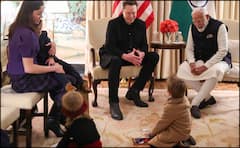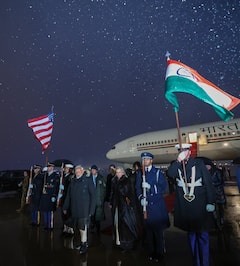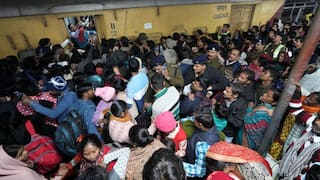'Trying To Look Like Animals': Posters By Taliban On Women Without Hijab Emerge In Kandahar
Taliban chief Hibatullah Akhundzada has recently passed a diktat saying women should generally stay at home and need to cover themselves completely, including faces if they venture out in public

New Delhi: Targeting women for not wearing an Islamic hijab that fully covers their bodies, the Taliban have put up posters across the southern Afghan city of Kandahar saying they are "trying to look like animals", according to an official, reported news agency AFP. Since Taliban came to power in August last year and ousted the previous regime, the extremist group imposed several restrictions on Afghan women.
ALSO READ: 'We Condemn Offensive Comments Made By Two BJP Officials': US On Prophet Remarks Row
Recently, the country's supreme leader and Taliban chief Hibatullah Akhundzada passed a diktat stressing women should generally stay at home and need to cover themselves completely, including their faces if they venture out in public. To this extent, the Taliban's Ministry for Promotion of Virtue and Prevention of Vice, which overlooks the group's strict interpretation of Islam, has placed posters across Kandahar city showing images of burqas, a type of garment that covers a woman's body from head to toe.
"Muslim women who do not wear the hijab are trying to look like animals", mentions the posters, which have come up in many cafes and shops as well as on advertising hoardings across Kandahar, the power centre of the Taliban.
Wearing short, tight and transparent clothes was also against Hibatullah Akhundzada, Islamic cleric’s decree, added the posters.
"We have put up these posters and those women whose faces are not covered (in public) we will inform their families and take steps according to the decree," Abdul Rahman Tayebi, head of the ministry in Kandahar told AFP.
The authorities have been asked to warn and even suspend from government jobs male relatives of women who do not comply with the decree passed by Akhundzada.
Meanwhile, the United Nations rights chief Michelle Bachelet came down heavily upon the hardline Islamist government for its "institutionalised systematic oppression" of women. "Their situation is critical," she said. Taliban had earlier promised to implement softer version of their previous harsh system of governance which was in place from 1996 to 2001.
However, since coming back to power many restrictions have been imposed on women. Thousands of girls have been stopped from attending secondary schools, while women have been barred from taking up government jobs.They are also banned from travelling alone and can only visit public parks in the capital on days when men are not allowed.
Trending News
Top Headlines













